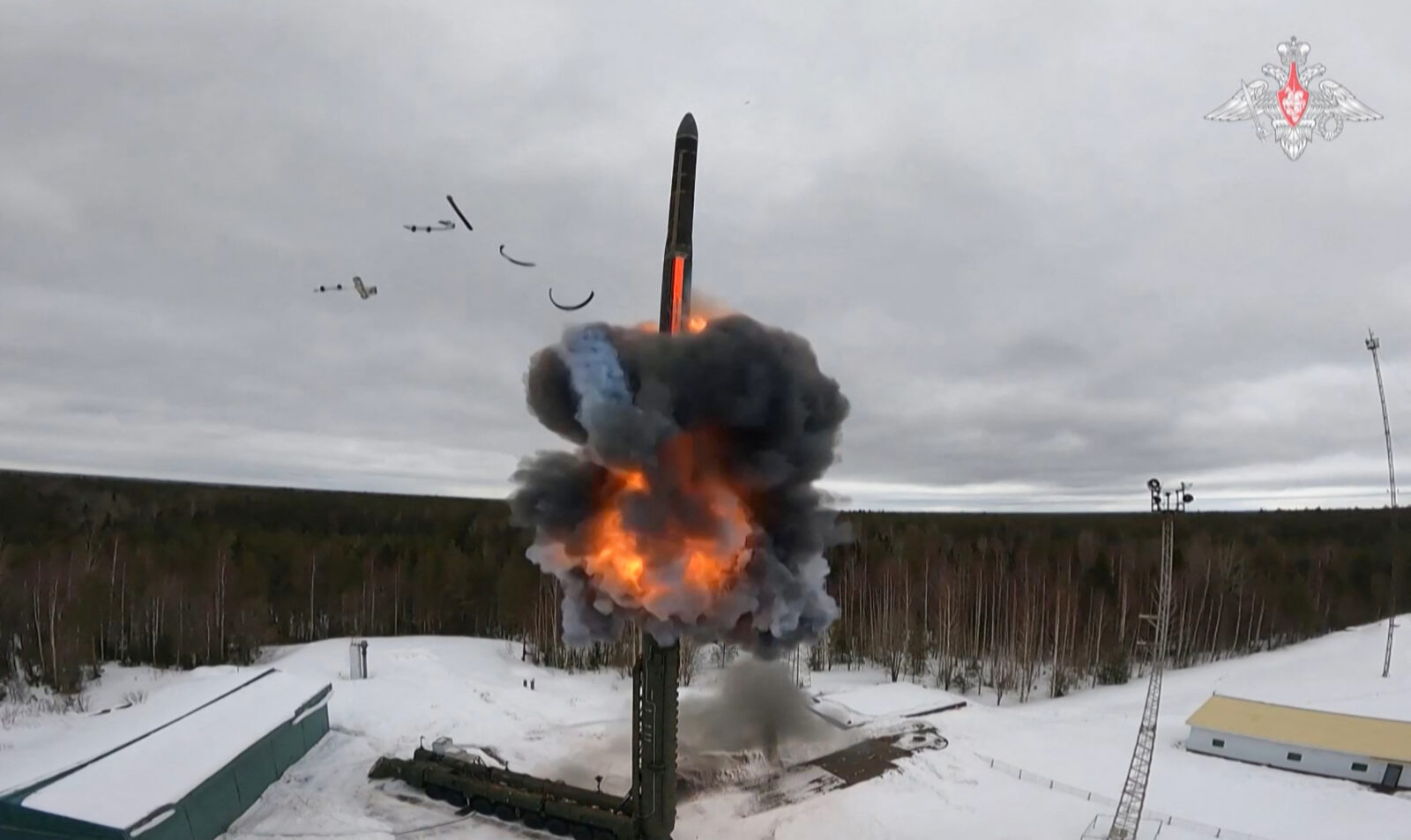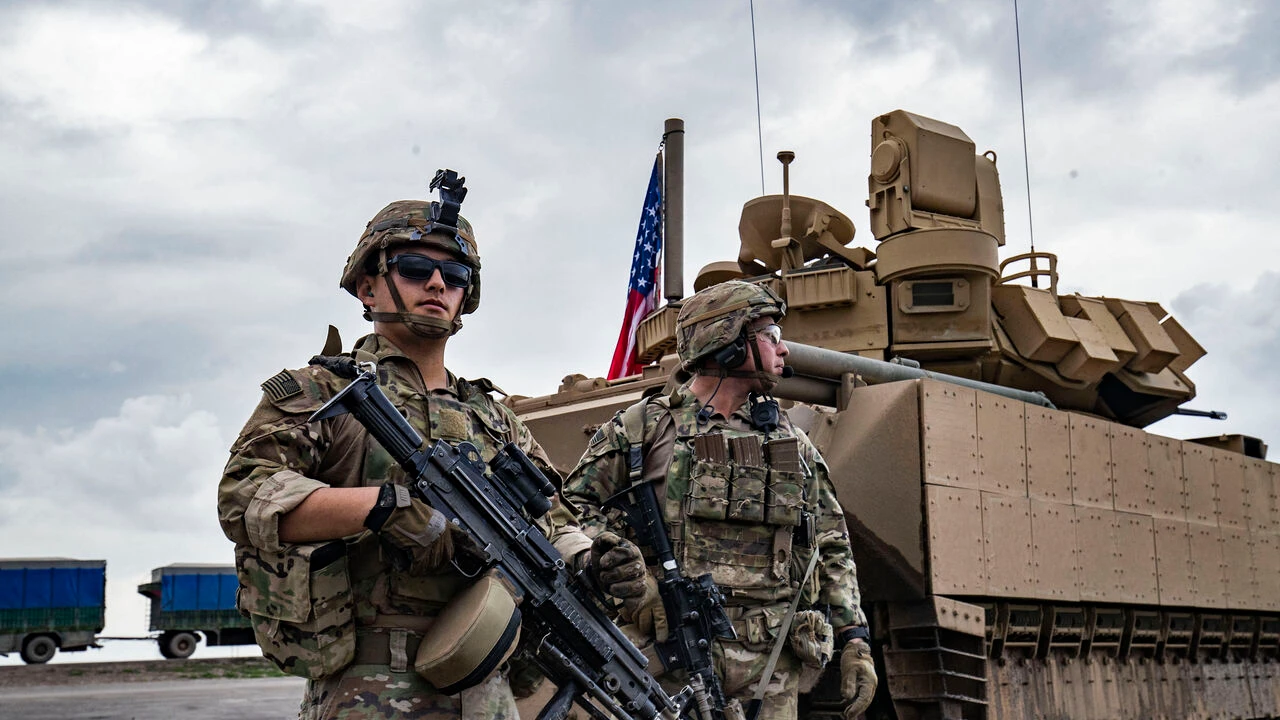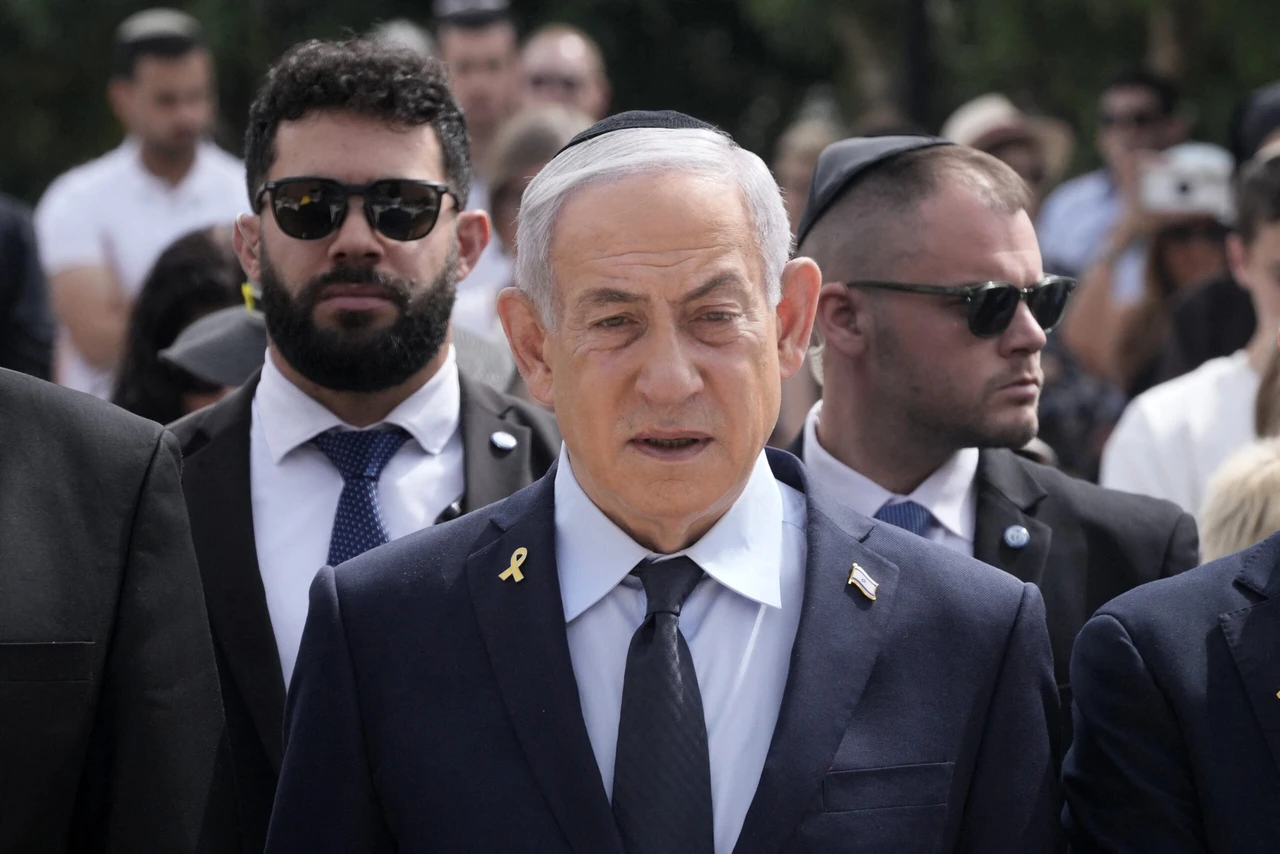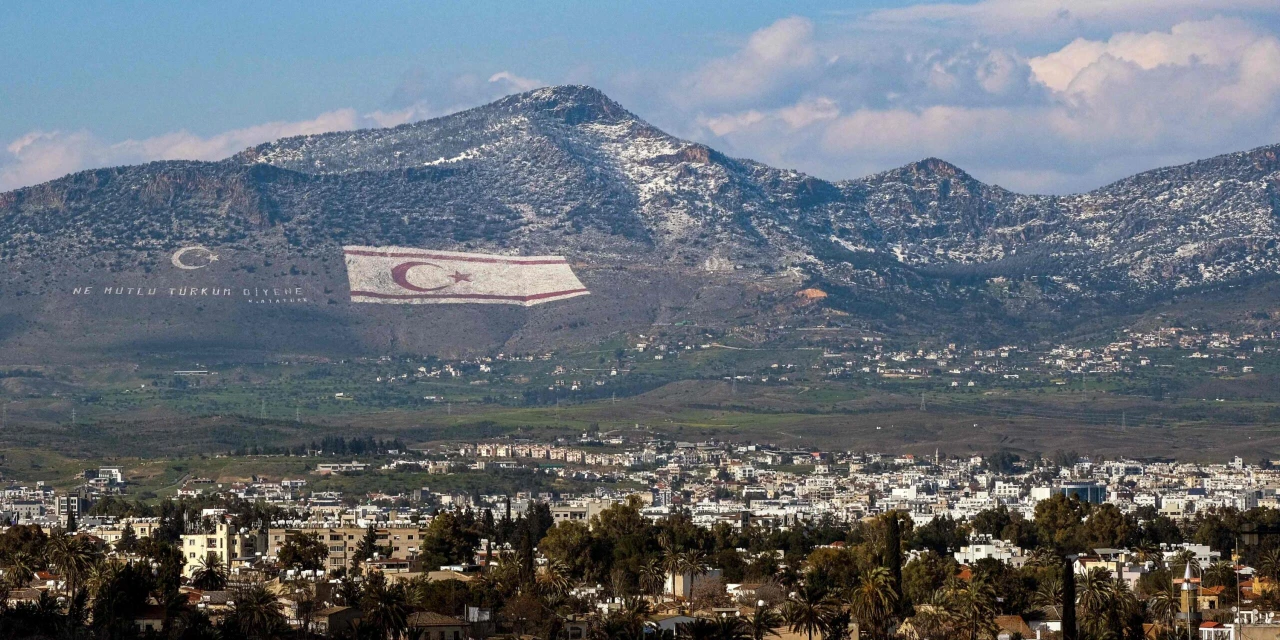Russia declares arms control no longer feasible, cites lack of trust
 In this pool photograph distributed by the Russian state agency Sputnik, Russia's President Vladimir Putin and Chief of the General Staff Valery Gerasimov attend an expanded meeting of the Russian Defence Ministry Board at the National Defence Control Centre in Moscow on December 16, 2024. (APF Photo)
In this pool photograph distributed by the Russian state agency Sputnik, Russia's President Vladimir Putin and Chief of the General Staff Valery Gerasimov attend an expanded meeting of the Russian Defence Ministry Board at the National Defence Control Centre in Moscow on December 16, 2024. (APF Photo)
Russia has officially declared that arms control regarding the vast nuclear arsenals developed during the Cold War is no longer possible, citing a lack of trust between Moscow and the West.
This statement was made by General Valery Gerasimov, Russia’s top military official.

Why it matters
The disintegration of crucial arms control treaties, such as the Anti-Ballistic Missile (ABM) Treaty and the Intermediate-Range Nuclear Forces (INF) Treaty, highlights a significant breakdown in efforts to prevent nuclear escalation. Furthermore, Russia’s increasing partnerships with countries like China, India, Iran, North Korea, and Venezuela could shift global power dynamics.
Details
- Breakdown of arms control: Gerasimov stated that arms control is no longer feasible due to “double standards” from the West and a lack of trust. In response, Russia is planning to strengthen ties with countries outside the Western sphere.
- U.S. withdrawal from treaties: The U.S. withdrew from the INF Treaty in 2019 and the ABM Treaty in 2002, accusing Russia of violations, which Moscow denies. In 2023, Russia suspended its participation in the New START Treaty, which limits strategic nuclear weapons, citing U.S. support for Ukraine. Despite the suspension, both countries have continued to abide by limits on warheads, missiles and bombers set by the treaty.
- Rising tensions: Gerasimov expressed concerns about U.S. missile deployments in Europe and Asia, particularly in the Philippines, viewing these actions as contributing to a “strategic offensive arms race.” He also noted increased NATO activity near Russia’s borders, stating that the U.S. had effectively become a direct participant in the Ukraine conflict after supplying long-range missiles that struck Russian territory.
This shift in arms control policy marks a critical change in U.S.-Russia relations. Moscow’s stance reflects not only military concerns but also a broader realignment, as Russia increasingly seeks alliances with countries outside the Western sphere.
The collapse of key arms control agreements, combined with growing tensions between Russia and the West, could have significant consequences for global security.
The escalating arms race and deepening geopolitical divides are likely to make future diplomatic efforts more challenging.



